Why are so many upazila poll candidates so rich?

Not long ago, we talked about the astronomical rise in the wealth of candidates in the national election held in January, with superrich politicians all but taking over the hallowed ground of parliament. The election also saw a record rise in the number of businesspersons joining parliament, raising serious concerns of conflict of interest. Well, the rot has now reached the roots, as a similar trend of wealth accumulation has been witnessed in local politics/elections as well.
According to the Transparency International Bangladesh (TIB), there have been "astonishing" increases in the incomes and movable assets of incumbents in upazila parishads, including chairmen, vice-chairmen, and "vice-chairmen" in reserved posts for women. The TIB unveiled the findings of its analysis of candidates' affidavits ahead of their participation in the first phase of upazila polls, which takes place today.
Some of the findings are really shocking. For example, the TIB found that, since 2014, the incomes of incumbent candidates rose by up to 18,233 percent while their movable assets soared by up to 4,251 percent. The pace of change in their financial status beggars belief. In some cases, the rate of increase in candidates' income and wealth is even higher than that of candidates in the national election, the TIB says. Moreover, a whopping 117 candidates have moveable assets worth at least Tk 1 crore. About 56 percent of the candidates are also businesspersons—a trend of growth also witnessed in national elections. Additionally, at least 10 candidates own land beyond legal limits, possessing more than the allowed 100 bighas or 33 acres of land.
What does all this say about the upazila parishad elections, and indeed politics in general in Bangladesh? This cannot be accepted as normal, nor is it in line with the principles that our country associates itself with. When incumbents and aspiring candidates amass wealth at such extraordinary rates, questions of transparency, accountability, and fair competition naturally arise. It also shows that politics, whether at the upazila or national level, has turned into a lucrative avenue for amassing wealth rather than serving people's interests. This has to change. This must change.
We urge the political leadership of the country to critically examine this situation and do the needful. The pursuit of political power must be driven by a genuine commitment to serve constituents, not as a shortcut to wealth.

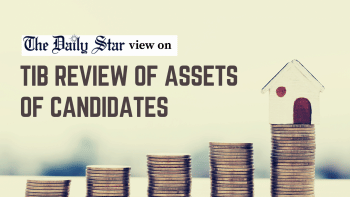
 For all latest news, follow The Daily Star's Google News channel.
For all latest news, follow The Daily Star's Google News channel. 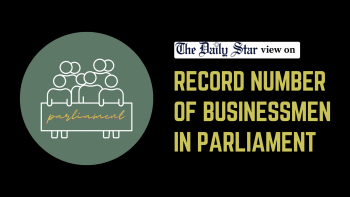
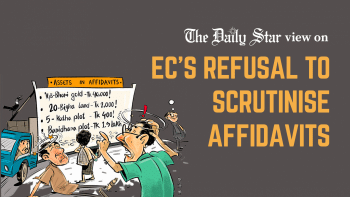
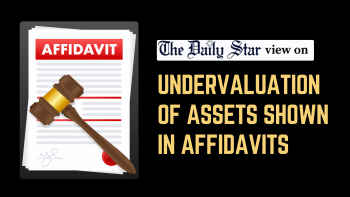



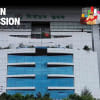

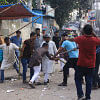



Comments